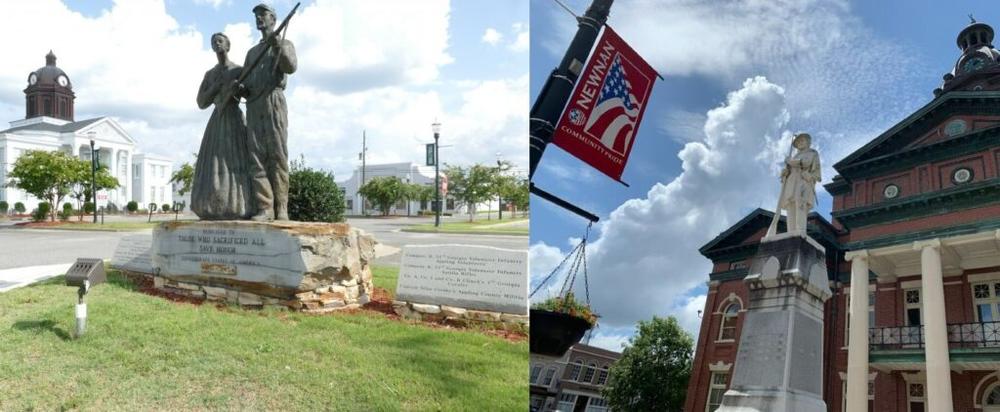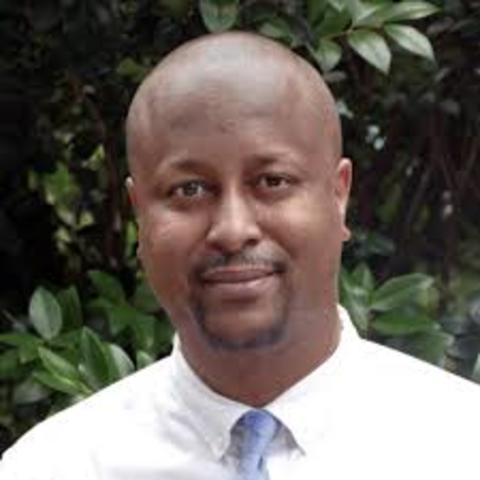
Caption
The Georgia Supreme Court has weighed in on lawsuits fighting local governments’ decision to remove Confederate monuments from public spaces, including in Henry and Newton counties. Across Georgia more than 60 statues and other memorials were erected in courthouse squares, including in Appling County (left) and Coweta County (right).
Credit: Georgia Recorder file photos

